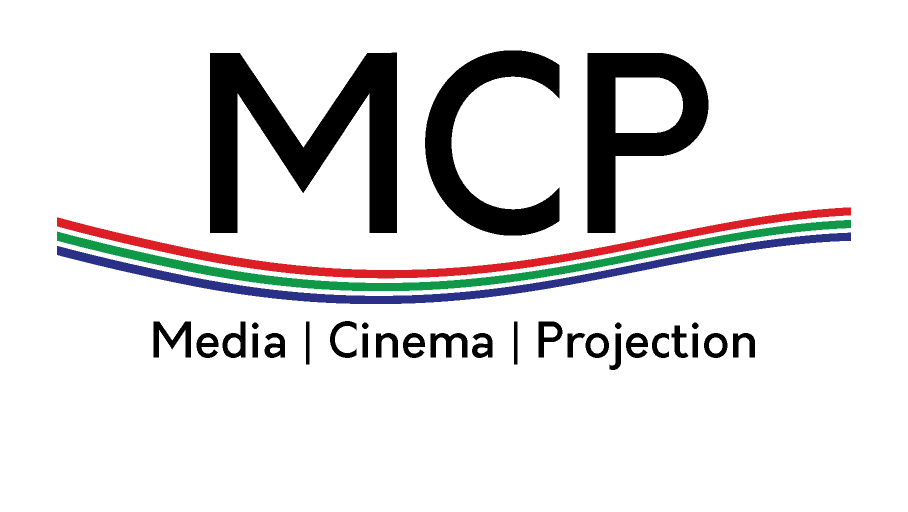Hollywood’s monsters were exposed, streaming services embraced auteurs and ‘motion smoothing’ made the movies look like daytime TV
he long decade closes with no consensus on what we were supposed to call it (the “teens”?) nor about what ground has been gained or lost in the big cinema debates of the past 10 years. Steven Spielberg warned of a colossal evolutionary crisis in theatrical distribution, whereby the film business becomes over reliant annually on three or four big “tentpole” movies that will then crash, leaving us with the movie equivalent of 2008 or even 1929. And the tentpoles that everyone is betting on are the superhero films, which Spielberg warned will go the way of the western. Well, this hasn’t happened yet.
So a new hero/villain has arisen: Marvel Studios, which has enjoyed a staggering explosion of box-office popularity, blessed by cinema chains for providing surefire hits, but increasingly loathed by cinephiles for dumbing down the movies. Martin Scorsese, in his widely shared New York Times article, expanded his personal view that superhero films are just glorified theme-park rides without the individual artistry and humanity of real cinema.
But Scorsese created a controversy of his own by taking his new film to Netflix. Two of the best films of the year, Scorsese’s The Irishman and Noah Baumbach’s Marriage Story, are Netflix products, released in cinemas for a short while and then absorbed on to the site to attract new subscribers and gratify existing ones.
As for superhero films (Gen-Z westerns), there is no doubt that many studio executives are mesmerised by their bankability and less likely to take a punt on other genres of film. I have, however, written about tendencies that are more worrying: high frame-rate and “motion smoothing” on new TVs that can make films clearer, but flatter and blander, like daytime TV. As for cinema admissions, they are holding pretty steady at 170m annually in the UK, helped by the investment in the cinema-going experience – although the novelty of getting food delivered to your seat is surely a step too far.
In this decade, Hollywood woke up, or was rudely awakened, to issues of diversity and social justice by the #OscarsSoWhite and #MeToo movements, driven by social media. Voting membership of the Academy has also been changed to bring in a younger generation, women and people of colour. Harvey Weinstein may be about to reach a deal in the civil courts, to the outrage of many, but Roman Polanski has faced a resurgence of discontent with his reputation. His new film, An Officer and a Spy – although favourably received on the film festival circuit – has had no UK showing.
The question of diversity (so long disputed by men of a certain age who wish to be congratulated on their courage in rejecting “quotas”) is far from answered, but new voices are emerging in Britain with fascinating and brilliant films.
